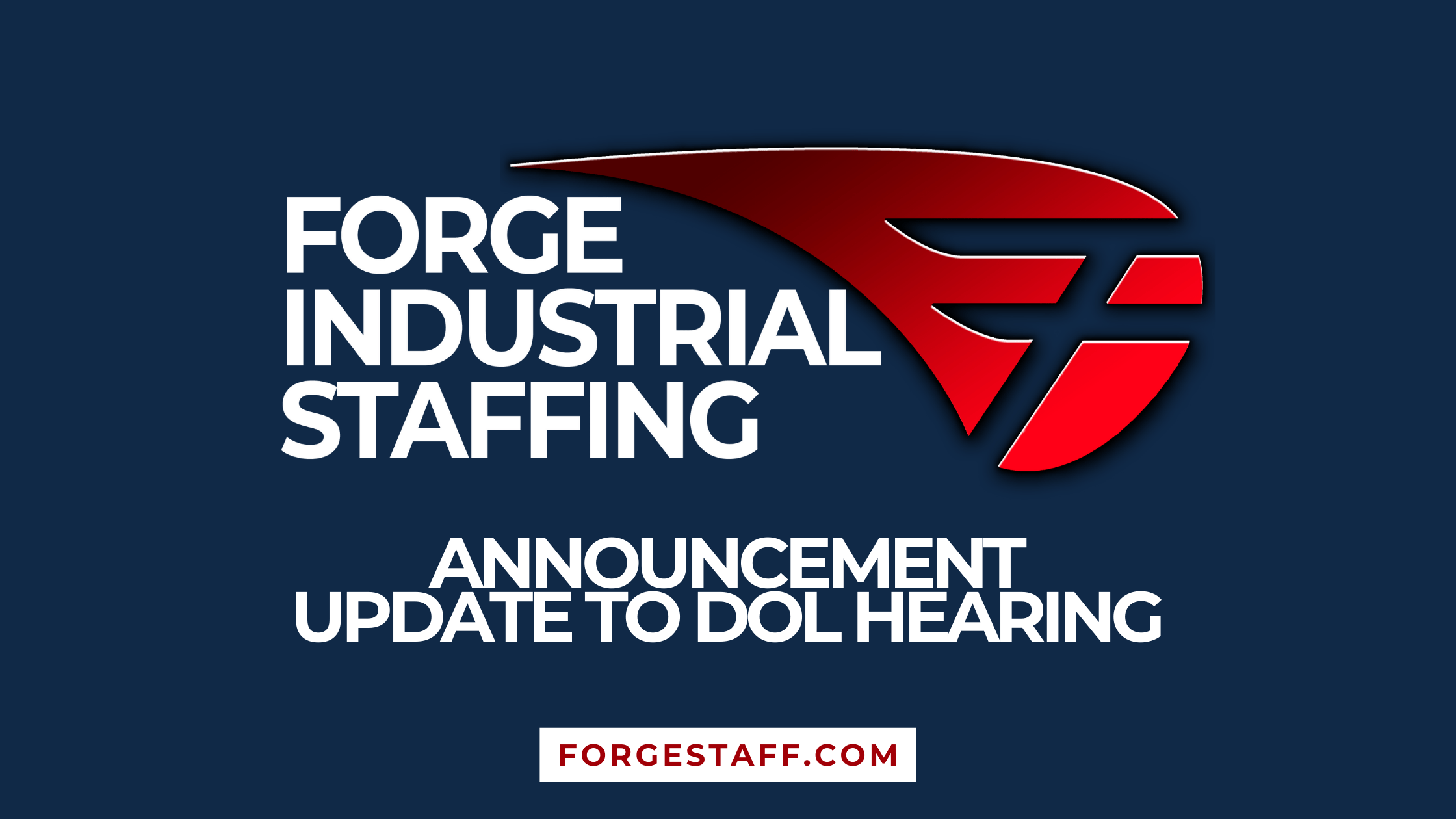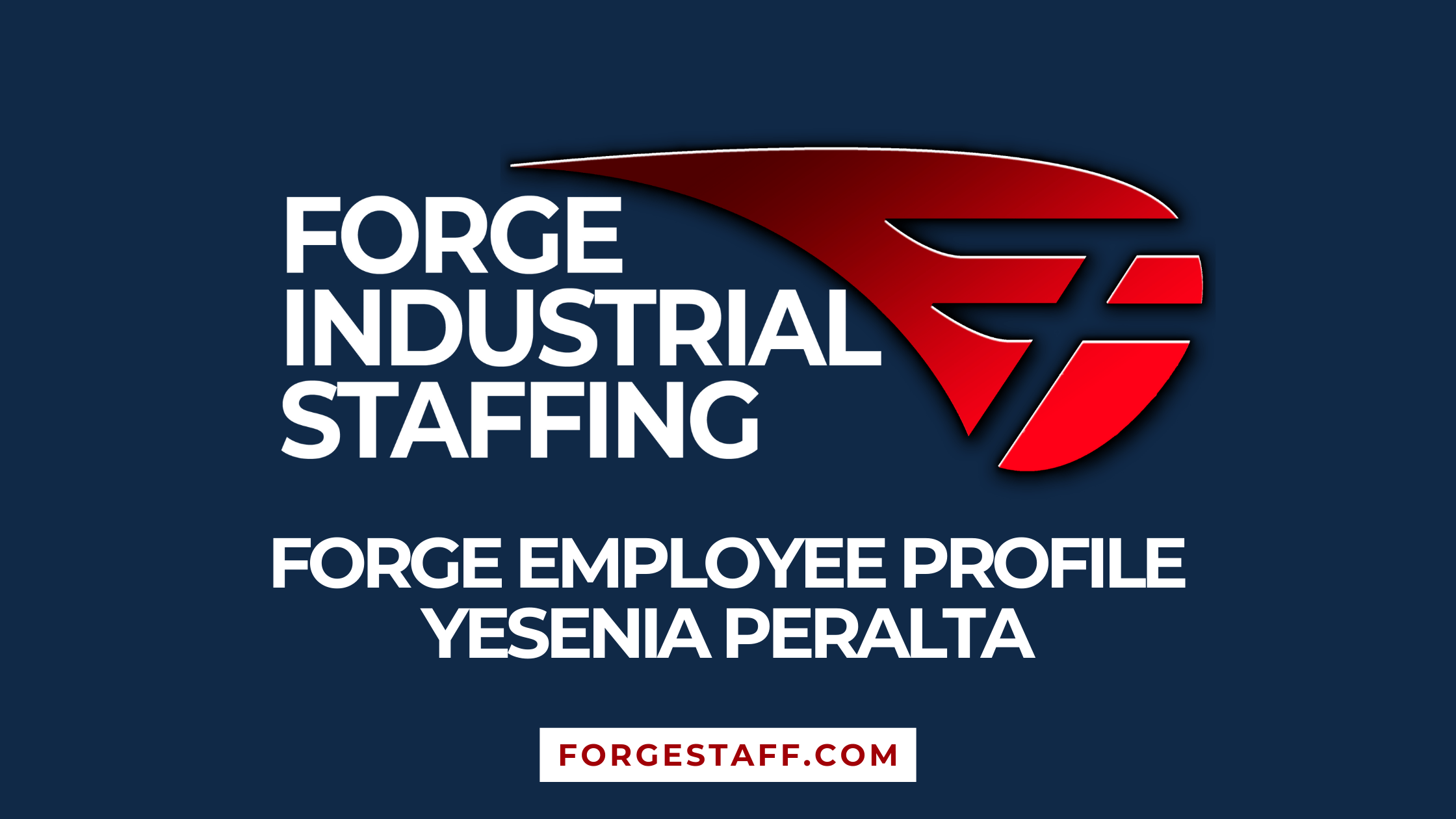The job market in Indiana and Michigan is rapidly changing and many companies are finding it increasingly difficult to keep up with the ever-evolving demands of their industries. The shift towards e-commerce and the increased demand for warehousing and manufacturing services has put pressure on companies to quickly adapt to changing market conditions. This has created a need for a more flexible workforce that can be scaled up or down as needed. This is where contract labor comes in, offering many benefits to companies in these regions.
One of the key benefits of using contract labor is the ability to quickly scale your workforce to meet changing demands. In the light industrial, warehousing, and manufacturing industries, demand can change rapidly, requiring companies to quickly adjust their workforce to meet these demands. By using contract labor, companies can quickly bring on additional workers when needed, without having to go through the lengthy and costly process of hiring full-time employees.
Another benefit of contract labor is the ability to control costs. By using contract labor, companies can avoid the costs associated with hiring full-time employees, such as benefits, paid time off, and training costs. Instead, companies pay only for the hours worked by the contract workers, making it a cost-effective solution for companies looking to navigate uncertainty in the job market.
Another benefit of using contract labor is the ability to access a wider pool of talent. Contract labor offers companies the opportunity to bring on skilled workers who may not be available for full-time employment. This can be especially beneficial for companies in industries where the demand for skilled workers exceeds the supply, as it allows them to access the talent they need to grow and succeed.
Finally, contract labor can help companies maintain a competitive edge in the job market. By using contract labor, companies can quickly adapt to changes in demand, bringing on workers with the necessary skills and experience to meet these changing demands. This allows companies to stay ahead of their competitors, providing a competitive advantage in the job market.
In conclusion, using contract labor in the light industrial, warehousing, and manufacturing industries in Indiana and Michigan offers many benefits to companies navigating uncertainty in the job market. From the ability to quickly scale their workforce to meet changing demands, to controlling costs, accessing a wider pool of talent, and maintaining a competitive edge, contract labor is a valuable tool for companies in these industries looking to succeed in today’s rapidly changing job market.






